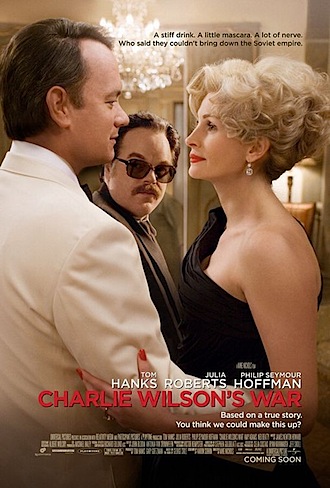Nick Kristof in the New York Times on the choices facing Obama in Afghanistan: For the cost of a single additional soldier stationed in Afghanistan for one year, we could…
Read More
Strange as it may seem but reviewers are people too and, like the rest of you ordinary folk, we have blind spots and mine is horror. Back when I was…
Read More
Keira Knightley may only be 23 but (along with Daniel Craig and Simon Pegg) she's been given the unenviable job of saving the British film industry, a challenging task for…
Read More

The Soviet Union invaded Afghanistan on Christmas Day in 1979. They remained in the country, brutally suppressing the local resistance, until they were forced to leave in 1989: almost ten…
Read More
